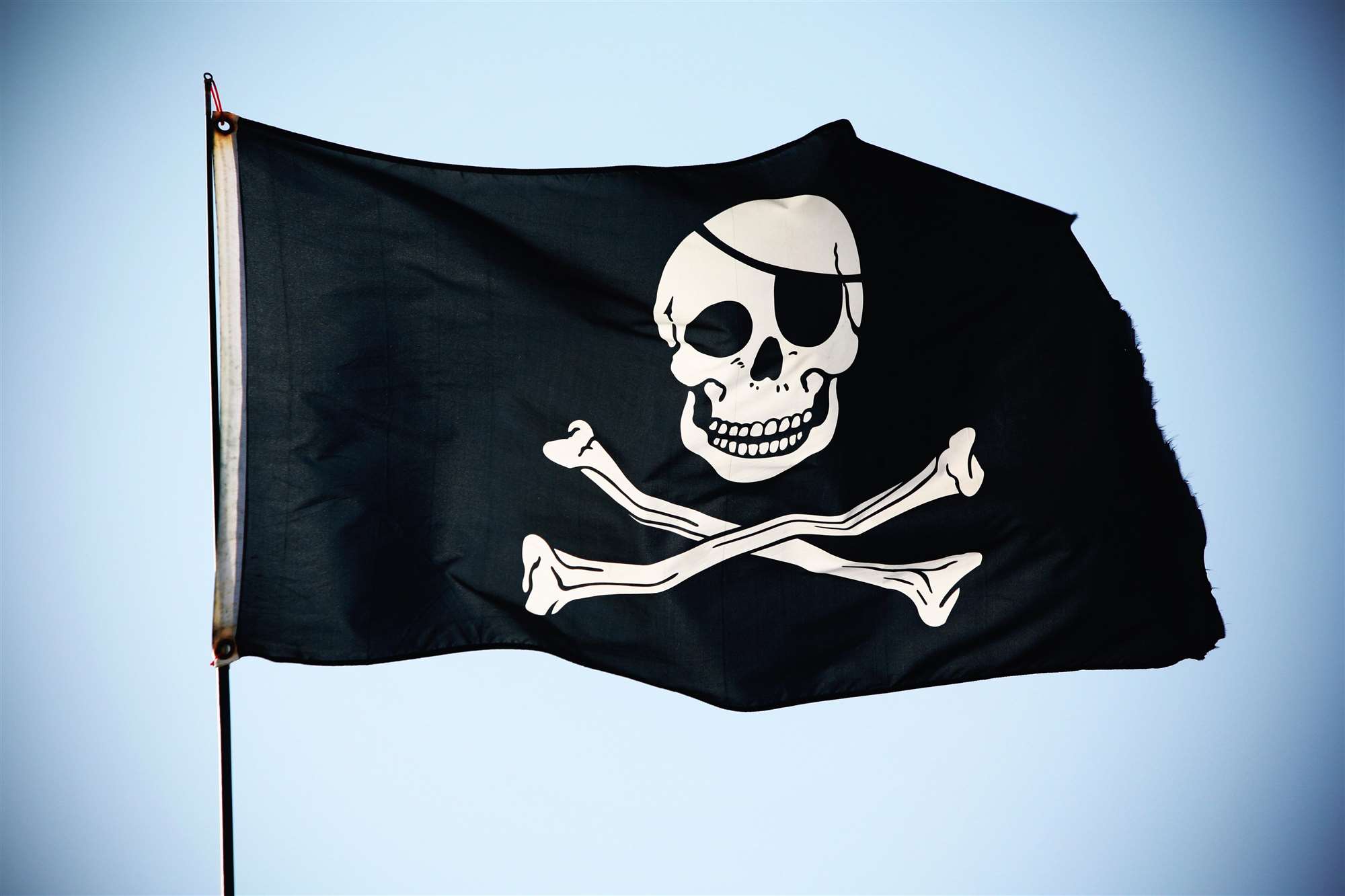Internet service providers including iiNet and Dodo have been ordered by a court to turn over the name and residential address details of 4726 people suspected of sharing a film called the Dallas Buyers Club online.
What that means for those 4726 people has been the subject of fierce debate.
The film's owner says they should be worried, but it won't be capable of issuing huge speculative invoices to worry them as it has done in other jurisdictions.
Speculative invoicing often involves sending letters to alleged pirates "demanding a large sum of money and offering to settle for a smaller sum which was still very much in excess of what might actually be recovered in any [law] suit," according to the judgment handed down last week.
"The issue of speculative invoicing is a term that originated in the US, and is not something known in Australia," Gilbert + Tobin partner Michael Williams told Information Age.
"There is no culture of exaggerated monetary demands in Australia like speculative invoicing. This is the first decision considering it."
A Perth man who previously lived in the US was subject to speculative invoicing by Dallas Buyers Club.
He told The West Australian that he faced speculative demands of $5000 and $8000 but - through a lawyer - the settlement was knocked down to $500.
Cognisant of this, the judge in the Australian case, Justice Nye Perram, imposed conditions on the way Dallas Buyers Club can communicate with accused Australian internet users in the first instance.
Among the conditions are that Justice Perram must approve the text of any letters to be sent out, which is likely to curtail threats or aggression on rights holders' parts.
It is unclear if other jurisdictions have adopted this level of oversight, although it appears Dallas Buyers Club's owners are toning down their aggression in Asia Pacific.
In Singapore - where similar legal action is underway - 77 of around 500 internet users there have been issued "letters of demand" that "ask for a written offer of damages and costs."
No speculative amount is demanded, and lawyers claimed to have already had some offers returned.
Good news for lawyers
In the immediate aftermath of the Australian judgment, a number of opinion articles from law experts appeared in quick succession in major newspapers and magazines, providing advice on what people should do if they received a letter from Dallas Buyers Club.
"It's been fascinating how many lawyers have been busy writing op-ed's about Dallas Buyers Club vs iiNet and really highlighting their expertise to ISP users who might be affected by the decision," Dr Matthew Rimmer, an Australian Research Council future fellow and associate professor at ANU College of Law, told Information Age.
"Australian IP lawyers seem somewhat excited by the boom in business."
The Federal Court has given Dallas Buyers Club two options to recoup money from alleged pirates: to negotiate with them "regarding their liability for infringement" (in the first instance, presumably by mail) and/or to sue them for infringement.
Suing some or all of the 4726 people could result in the award of "aggravated damages" by the court.
However, this path seems unlikely, at least to iiNet's former chief regulatory officer Steve Dalby, who believes any prosecutions could be small in number and focused on "making an example" of pirates - for publicity or to be used as part of an anti-piracy campaign.
"I don't think 4726 people are all going to be required to turn up to defend themselves in court," he said.
Open season on pirates
After a series of defeats in the Federal Court over internet piracy issues, the handover of customer details won in this case is seen as a landmark win for rights holders.
Dr Rimmer believes it could open the floodgates for similar cases.
"I think there's an interesting question to ask about whether any other film companies are going to follow the strategy of the Dallas Buyers Club and use such measures to try to identify people who have potentially infringed copyright," Dr Rimmer said.
"I think there's a larger question on what Hollywood will do more systematically above and beyond the owners of the Dallas Buyers Club."
The pursuit of alleged pirates by rights holders - combined with a new industry code that could give users three chances before they faced sanctions for piracy and the more widespread availability of content via legal streaming services - could result in a drop in the incidence of internet piracy in Australia.
However, speculation has also turned to whether it will simply increase the number of Australians who use virtual private networks (VPNs) to mask their online activity.










